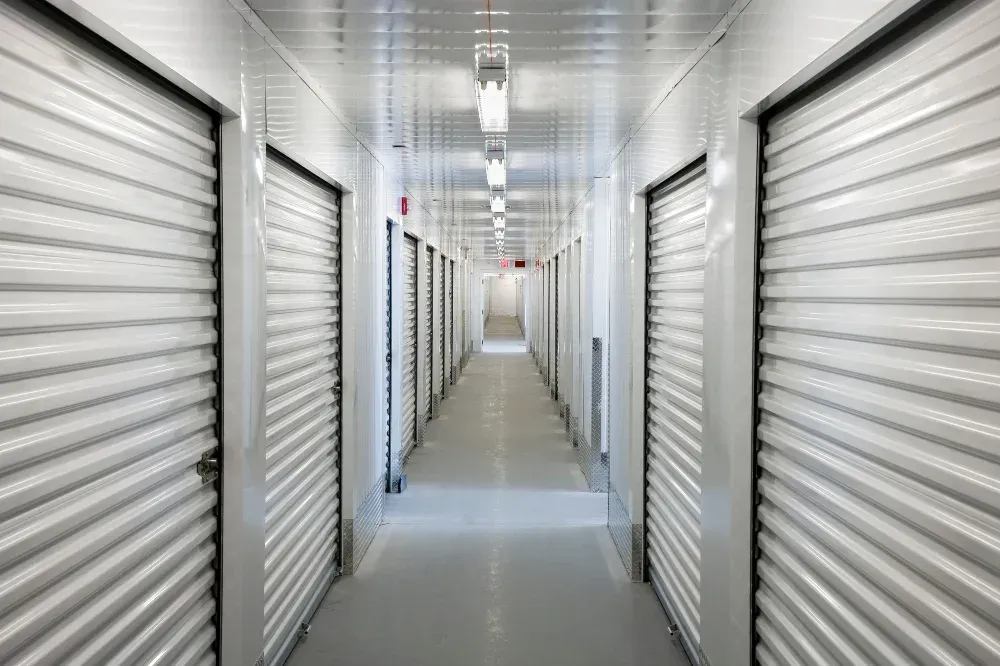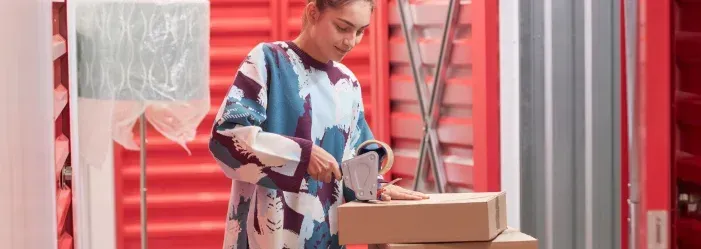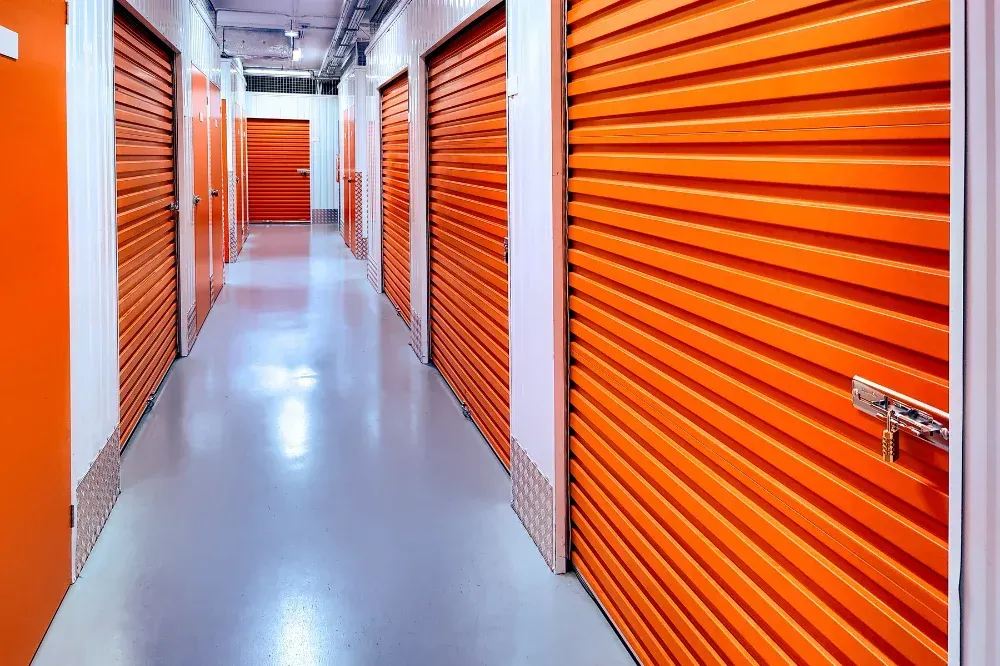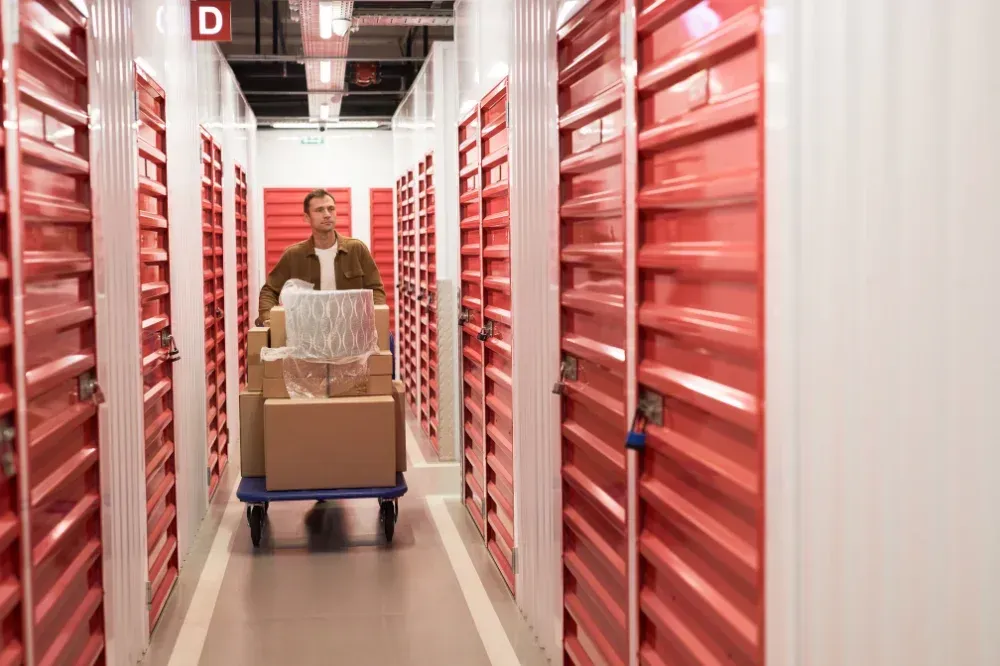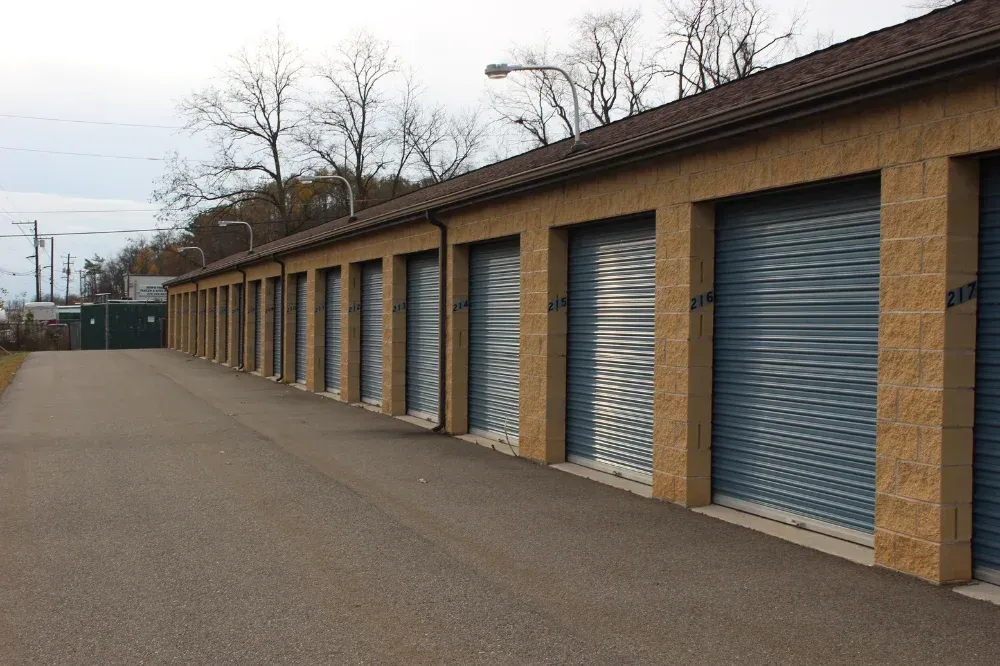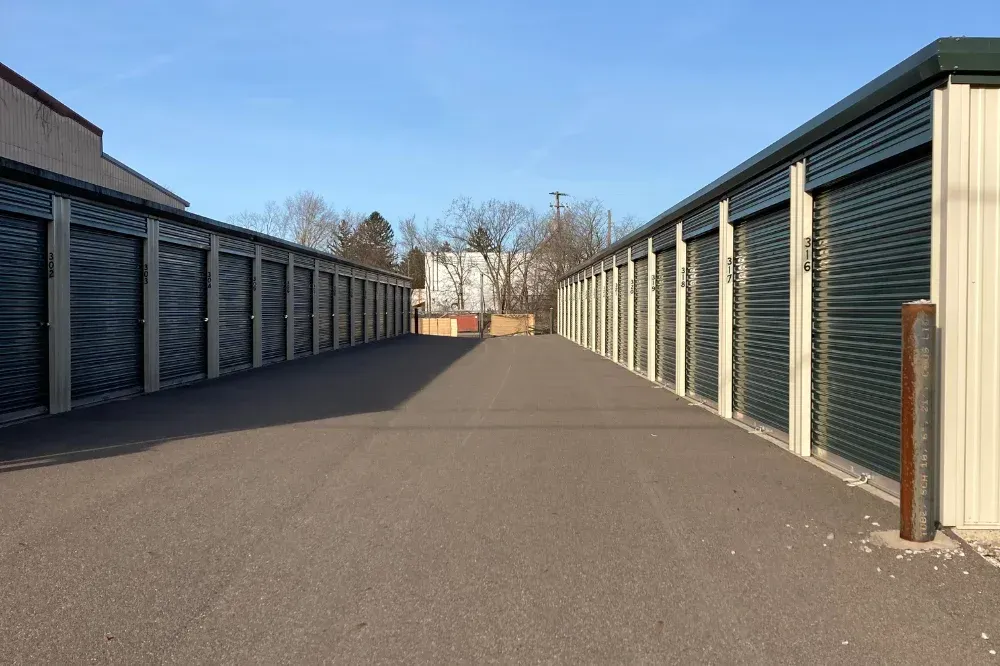Making the Right Storage Choice: Short-Term or Long-Term?
Making the Right Storage Choice: Short-Term or Long-Term?
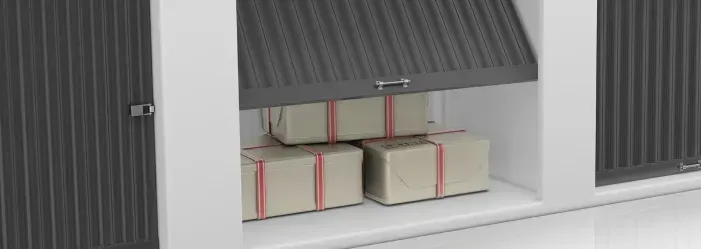
When you need to store your belongings—whether temporarily or for an extended period—choosing the right storage solution is crucial. Whether you're a homeowner in the midst of a move, a business in need of additional space, or someone trying to declutter, understanding your options can help you make the best choice. The two main categories of storage units are short-term and long-term, each with its unique advantages and challenges. This article will help guide you through the factors that determine which option is best suited for your needs.
Why Proper Storage is Essential
Choosing the correct storage solution is important for protecting your belongings and ensuring they are stored in an accessible and secure location. The wrong choice can lead to unnecessary expenses, inconvenience, or even damage to your items. Whether you need to store furniture, business inventory, or personal items during a life transition, your decision will be influenced by the length of time, cost considerations, and your specific needs for accessibility and security.
Short-Term Storage: Flexibility When You Need It
What Is Short-Term Storage?
Short-term storage refers to renting a storage unit for a temporary period, typically from a few days to several months. This type of storage is perfect for those who need a place to store items temporarily while they transition from one phase of life to another, whether that involves moving, renovating, or going on a temporary work assignment. People in the midst of temporary life changes, such as relocation or home improvement projects, often turn to short-term storage.
Why Do People Use Short-Term Storage?
- Moving: When relocating, short-term storage helps bridge the gap between moving out of your old home and settling into your new one.
- Home Renovations: If you’re renovating or remodeling your home, short-term storage keeps your belongings safe and out of the way until the project is complete.
- Travel: For extended vacations or work assignments, short-term storage ensures your belongings are safe while you're away.
- Seasonal Items: Items like holiday decorations, seasonal clothing, and outdoor gear can be stored until they're needed again.
Pros of Short-Term Storage
- Flexible Rental Terms: Short-term storage units offer flexible contracts, with rental periods as short as a week or as long as several months.
- Cost-Effective for Temporary Needs: If you only need to store items for a short duration, short-term storage is often more economical than paying for long-term storage.
- Convenience: Many short-term storage facilities offer 24/7 access, making it easy to retrieve your belongings whenever you need them.
Cons of Short-Term Storage
- Higher Costs: Short-term storage tends to have higher monthly rates compared to long-term storage options. This is due to the flexibility and convenience it provides.
- Basic Security Features: While security is generally sufficient for short-term storage, long-term storage units often provide enhanced security features like advanced surveillance, climate control, and even insurance options.
Long-Term Storage: The Solution for Extended Needs
What Is Long-Term Storage?
Long-term storage is best suited for individuals or businesses that need a storage solution for several months or even years. Unlike short-term storage, long-term storage is designed for items that won't be frequently accessed but need to be stored safely and securely for an extended period. This is ideal for businesses that need to store inventory or equipment, or for individuals with seasonal items, memorabilia, or documents that they don’t need daily access to.
Why Do People Choose Long-Term Storage?
- Business Needs: Companies with excess inventory, equipment, or records may rely on long-term storage to keep their space organized without having to dispose of items that might be useful in the future.
- Seasonal Equipment: Seasonal items like skis, snow gear, or holiday decorations are perfect candidates for long-term storage, as they are used intermittently.
- Sentimental and Important Items: For those with family heirlooms, legal documents, or memorabilia, long-term storage offers a safe, secure space to preserve valuable or irreplaceable belongings.
Pros of Long-Term Storage
- Lower Monthly Rates: Long-term storage tends to offer lower monthly rates, which can be significantly more affordable when renting for extended periods.
- Superior Security: Long-term storage units often come with enhanced security features such as climate control, high-end surveillance systems, and 24/7 monitoring, ensuring that your valuable items are protected.
- Convenient for Businesses: For businesses, long-term storage can help with the organization of office supplies, inventory, and important files that are infrequently used but still essential.
Cons of Long-Term Storage
- Less Frequent Access: Many long-term storage units have more restrictive hours of operation, and retrieving items might be less convenient since they could be packed away for extended periods.
- Ongoing Costs: While the monthly cost is lower, long-term storage fees can accumulate over time. If the items stored are not essential, you may end up paying for space you don't need.
Key Factors to Consider When Choosing Storage
There are several considerations that should guide your decision between short-term and long-term storage. These factors will help you determine the best solution for your unique situation.
1. Duration of Storage Needs
How long you need the storage will heavily influence your choice. If you need to store items temporarily—perhaps for a few days or months—short-term storage is your best bet. However, if your storage needs will last six months or longer, long-term storage will likely provide better value.
2. Budget
Your budget is a key factor in making the right decision. Short-term storage is often more expensive per month, but it’s a more economical choice if you only need it for a short period. Long-term storage offers a lower monthly rate, but the total cost can increase if you continue to rent the space for years.
3. Access to Items
If you need to access your items frequently, short-term storage is the more convenient choice, as it usually offers flexible hours and easy access. On the other hand, long-term storage often comes with restricted access and less flexibility.
4. Security Needs
The value and sensitivity of the items you are storing are essential to determining which storage option is best. If you have valuable, fragile, or irreplaceable items, long-term storage with enhanced security features and climate control options may be your best bet.
5. Maintenance and Environment
Some long-term storage units provide better maintenance and environmental controls, such as regular cleaning, pest control, and temperature regulation. For high-value or sensitive items, these features can help prevent damage.
Storage Cost Comparison
Short-Term Storage Costs
- Higher monthly rates
- Additional fees for late payments or after-hours access
- Flexible rental periods
Long-Term Storage Costs
- Lower monthly rates
- Discounts for extended commitments
- Potential hidden costs (e.g., climate control, insurance)
Making the Right Choice for Your Needs
The right storage solution depends on your needs and circumstances. Here’s a quick guide to help you decide:
Short-Term Storage Is Ideal For:
- Moving between homes
- Home renovations
- Extended travel
- Storing seasonal items for a few months
Long-Term Storage Is Ideal For:
- Business inventory or equipment storage
- Storing valuable or sentimental items
- Seasonal items that are used infrequently
- Long-term preservation of sensitive documents or goods
Tips for Maximizing Your Storage
To get the most out of your storage space, consider these tips:
- Organize and Label Items: Group similar items together and label boxes clearly to make it easier to retrieve items when needed.
- Use Protective Packaging: Protect fragile or valuable items by wrapping them carefully with bubble wrap or storing them in sturdy boxes.
- Review Your Storage Needs Regularly: As your circumstances change, it’s important to revisit your storage needs to avoid paying for space you don’t use.
Conclusion
The decision between short-term and long-term storage ultimately comes down to your specific needs. Short-term storage is a great option for temporary storage needs, offering flexibility and convenience, while long-term storage is more suited for those with ongoing storage requirements and a need for better security. By considering factors such as duration, cost, security, and accessibility, you can ensure that your belongings are safely stored and easily accessible when needed.
FAQs
What’s the primary difference between short-term and long-term storage?
Short-term storage is for temporary storage (a few days to months), while long-term storage is for extended periods (six months or more).
Is long-term storage cheaper than short-term?
Yes, long-term storage typically offers lower rates over time compared to short-term rentals.
Can I switch from short-term to long-term storage?
Most storage facilities allow for easy transitions between short-term and long-term contracts, depending on your evolving needs.
How can I keep my items safe in storage?
Choose a facility with strong security features and climate control, and ensure items are properly packed and protected.
What’s the best storage option for businesses?
Long-term storage is ideal for businesses looking to store inventory, equipment, or files that aren’t regularly accessed.
Business Locations
Contact Us!


